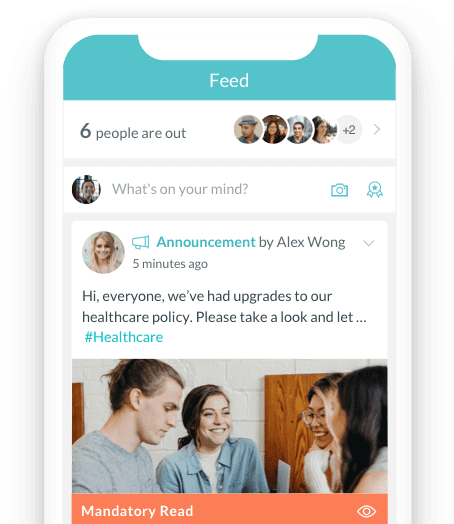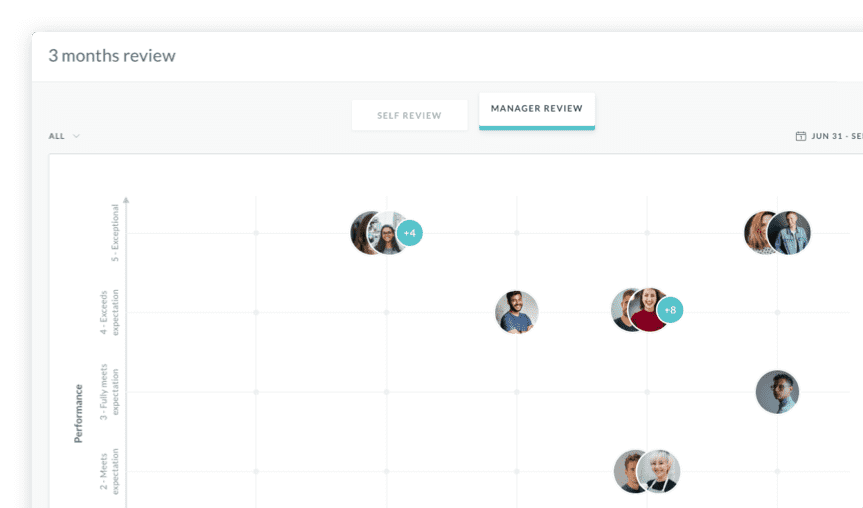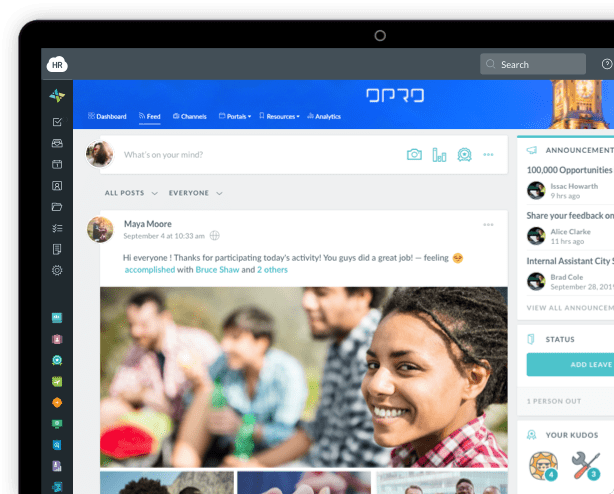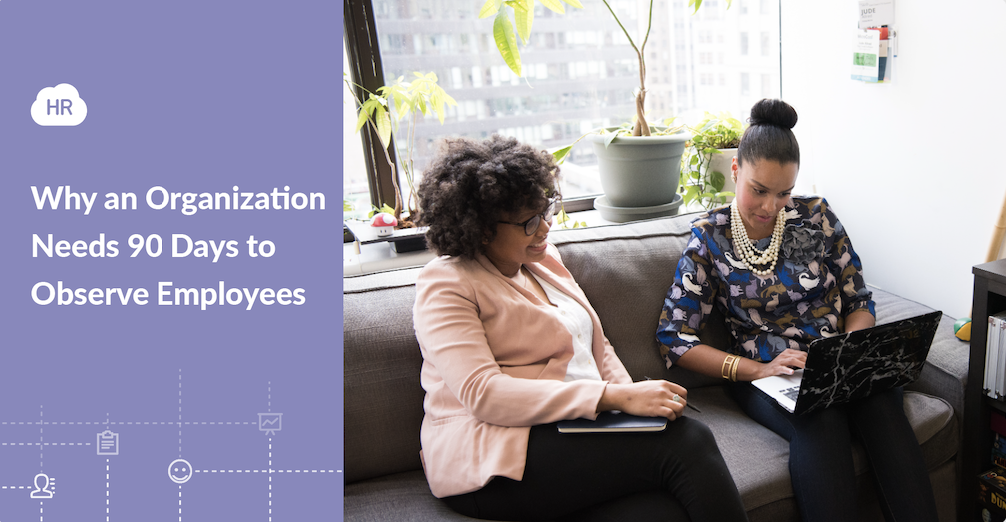- Why You Need 90 Days to Observe an Employee
- It Provides an Opportunity for Orientation and Evaluation
- Opportunity for Feedback on Performance
- It Provides Great Insights to the Company
- You Get To Avoid Any Surprises
- It is a Crucial HR Assessment Tool
- Opportunity to Avoid Bad Hires and To Increase Staff Retention
- Final Thoughts
The HR department has one of the most challenging yet critical jobs in the organization. The people you hire determine the success of the company. Every single day the department receives applications from job seekers.
The team must go through each to determine whether the potential employee is a good fit for the company.
In the end, the HR manager may find an ideal employee. But, the reality is the new hire may not always be the best fit. Some people are very good at job interview planning.
They may impress the interviewing panel with the ability to answer questions. Some may even fake their CVs. The 90-day performance review can weed out such people. It is a crucial onboarding tool that many HR departments use.
Let's look at the importance of the 90-day performance period in greater detail.
Why You Need 90 Days to Observe an Employee
The first few months for new hires are especially critical. For the company, it is the opportunity to gauge whether they made the right decision. The same goes for the employee. They must also determine whether the company and roles fit their expectations.
The HR departments use the first 90 days as a review period. It has become a popular management practice. It is critical for onboarding new employees. Let's look at some of the benefits to the organization.
It Provides an Opportunity for Orientation and Evaluation
90 days is enough for the employee and organization to know if the partnership works. The HR determines whether they have the relevant knowledge and competency. There should be a lot of communication between HR and the direct supervisor.
The supervisor is in the best position to give accurate reports. Some Industry reports show that up to 28% of new employees will leave within the first 90 days. Some of the reasons may surprise you. They include:
-
Unmet job expectations - 43%
-
Bad experiences within the job - 34%
-
Inability to fit in the culture - 32%.
Some new employees also have issues with the onboarding process. Lack of clear guidelines and need for more training accounted for 22% and 21%, respectively. Others felt that the co-workers were not welcoming, resulting in them leaving the jobs.
The HR department must pay attention to onboarding. The process of hiring new employees is costly and time-consuming. Once you have the right talent on board, it would be a pity to lose them for things that you can avoid.

Opportunity for Feedback on Performance
In 3 months, a supervisor will have enough feedback on the abilities of the recruit. You get to see how they are progressing within the roles. HR can also put in place things like training if they realize a knowledge gap.
It also provides time to shape the recruit into the organization's culture. Within this time, the HR and supervisors should institute an open door policy. The recruit should feel comfortable asking relevant questions.
It could be about expectations or even areas that they are facing challenges. They may also take the opportunity to ask for resources. They may also raise areas of concern that could impact their ability to do the job well.
It Provides Great Insights to the Company
A successful onboarding provides a fantastic opportunity for the company to learn. The process includes data collection that can be the basis for future decisions.
Some companies do not use the 90 days to observe employees. They depend on annual performance reviews to know how the employee is progressing. It could be a costly mistake if you have the wrong person on board.
The company also misses the chance to know what they can do to improve employee productivity. Within this time, the company should have benchmarks to measure the new employee. It helps with accountability and an easy way to check progression.
You Get To Avoid Any Surprises
You can liken a 90-day performance period to an early warning system. An employee can only pretend for so long. After 30 days, you will start to see their real self-emerging. By 60 days, all pretense will be gone.
By 90 days, the management will have all the information it needs to make a decision. The same goes for the employees. Three months is enough time for them to learn the company culture.
They will have a good idea about how management works. For both parties, it removes any surprises in the outcome. For the company, think about how much you could save. Instead of waiting for one year for the annual review, you get all the feedback you need within 90 days.
If an employee is not adapting well, you can release them early. You do not waste time and money on a partnership that will not work out in the end.
It is a Crucial HR Assessment Tool
The onboarding process lies primarily in the HR department. It comes up with the rules and regulations surrounding new hires. The aim is to ensure a smooth transition of the new employees into the company. The 90-day performance review is critical because of the following reasons.
-
It is the best way to determine the future performance of the new hire.
-
It provides an opportunity to share with the recruit company goals and expectations. That is why it is vital to have open communication lines.
-
The company uses the feedback to adjust or tweak relevant job performance metrics.
-
It is an opportunity to get insights on the company from the recruit's viewpoint.
-
It sets the ground for future communication between the employees and management.
Opportunity to Avoid Bad Hires and To Increase Staff Retention
Industry reports show that it could be as expensive as $5000 to hire a new employee. Yet, the cost of a bad hire can be as high as $25000. 41% of the cost goes to their productivity.
36% accounts for poor morale amongst other staff members due to a bad hire. 37% of the cost goes to recruiting or training another worker. 40% refers to the time you spend on new recruitments.
Some HR managers will hire because they need to fill a job position quickly. They do not take the time to review the performance within the past few months. It can be expensive trying to correct such a mistake.
Ninety days can provide the company enough time to keep good talent. If you show that you care about helping the employees progress in their careers, you win positive points. Training opportunities are a good starting point.
You may also offer company benefits like medical cover in pension plans. Other companies go further to offer things like childcare and wellness benefits.

Tips For A Successful 90-Day Performance Review
We have looked at the benefits of the 90 days observation period for new employees. But what are some of the tips you need to have in mind for successful completion? Take the following into account when coming up with your plan.
It Is Not a Probation Period
There is a negative connotation to the term probation. Probation sounds like the aim is to correct the employee. It can make the new hire feel under excess pressure to perform.
It could cause them to leave if they feel that they are failing in any way. Instead, the thought process should be that it is a time for learning and adapting to a new environment.
It should be all about open communication and feedback. The recruit should feel comfortable approaching management for help when they need it. All this, without feeling that the managers are questioning their knowledge or competence.
Let It Be a Strategic Process
It helps to have a plan and to put everything down on paper. It should not be a time when the HR and direct supervisors do things as they wish. It also helps to clarify to the recruit what will happen during this time.
Also, it is an ideal time to share company policies and any other important information. Look at it as an avenue for continuous conversation and improvement.
Final Thoughts
Does an organization need 90 days to observe an employee? The answer is a resounding yes. It provides a fantastic opportunity to determine whether the company has made the right choice. You look at their competence and ability to fit in and carry-out expected roles.
But, the employee will also see its benefits. They can decide whether your company is the right place for them. They also get an opportunity for the positive feedback that can improve their productivity. It is important to be strategic about the implementation of the 90-day review. In the end, you want a fair process for both the organization and the recruit.
About Author: This article is written by a marketing team member at HR Cloud. HR Cloud is a leading provider of proven HR solutions, including recruiting, onboarding, employee communications & engagement, and rewards & recognition. Our user-friendly software increases employee productivity, delivers time and cost savings, and minimizes compliance risk.

Keep Reading
HR Tech Trends: Streamlining Workforce Management in the Digital Age
Modern HR professionals face more expectations today than ever — they should find top
Upskilling and Reskilling: Preparing the Workforce for a Tariff-Impacted Economy
Recent shifts in global trade policies have led to a new wave of tariffs impacting



